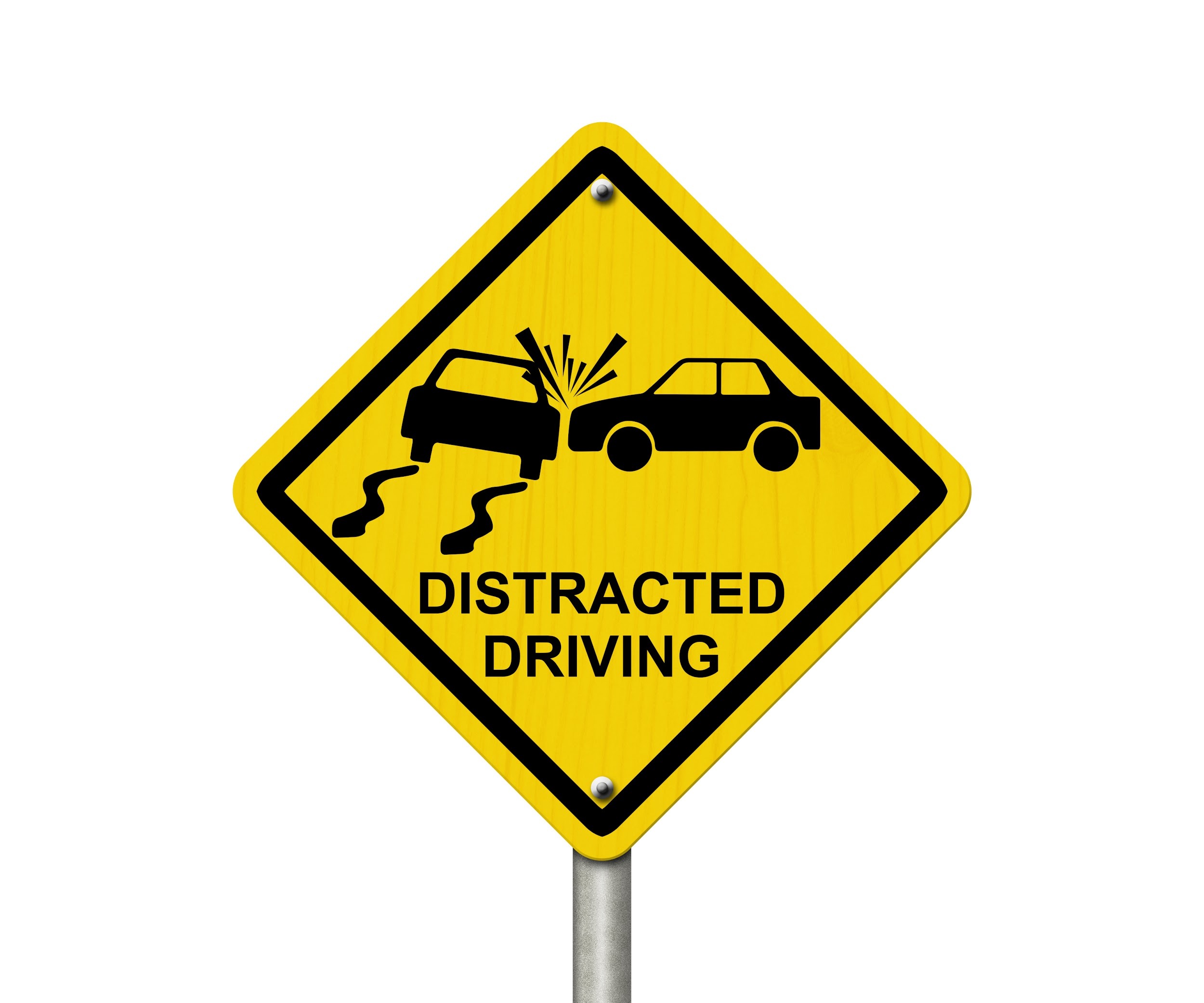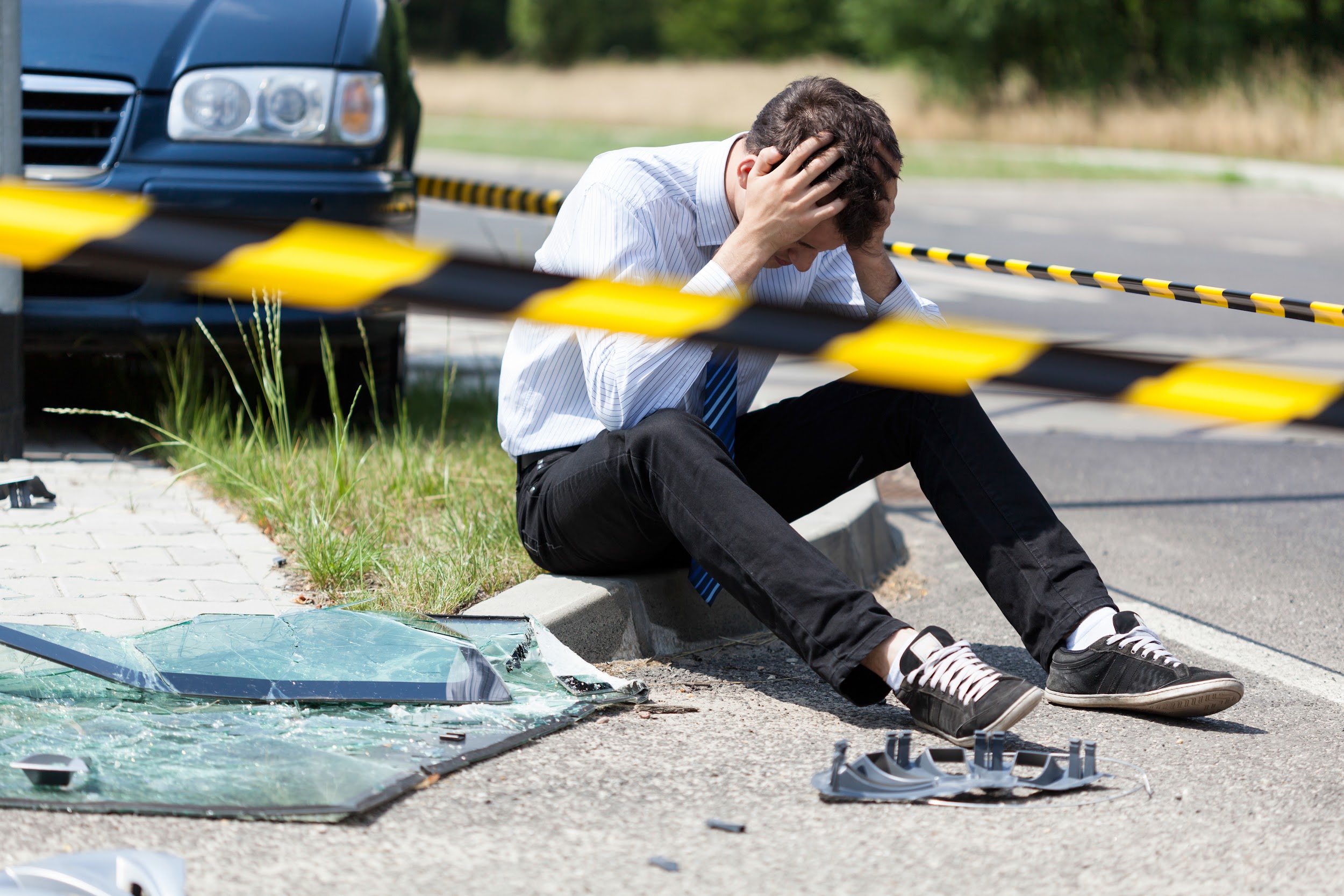
When your attention wanders while you are driving, you become distracted. Changing the music, eating, adjusting mirrors, or using a cell phone are common distractions that fall in the category of personal choice. We can perform these tasks while safely stopped, or we might choose to drive while we multitask.
The dangers of distracted driving are well known, and many states have enacted laws and guidelines designed to prevent these behaviors and penalize drivers who engage in bad habits like texting while driving. What are the consequences of distracted driving and how can they be prevented?
Types of Distracted Driving
There are three different ways we can be distracted while driving:
- Visual distractions cause you to take your eyes off the road.
- Manual distractions cause you to take your hands off the wheel or your feet off the pedals.
- Cognitive distractions cause you to take your mind off the task of driving.
Using a hand held cell phone manages to distract a driver in all three ways at once. This makes using a cell phone while driving one of the primary causes of distraction-related accidents. Many states have enacted restrictions on cell phone use and other laws against distracted driving.
The Real Consequences of Distracted Driving
Distracted driving causes fatal crashes and serious injuries each year. In 2019, 424,000 people were injured and 3100 people were killed as a result of distracted driving. Of those killed in these car accidents, one in five was not inside a vehicle, but walking, riding a bike, or standing nearby.1
The National Highway Traffic Safety Administration reported that the number of distracted driving accidents is rising, and that in 2021 there were 3522 distracted driving fatalities.2 There are ways to avoid the serious legal, emotional, and financial consequences by following the distracted driving laws now enacted across the United States.
Legal Consequences of Distracted Driving
Taking your attention away from the task of driving can get you pulled over and ticketed in many states. Many of these laws focus on cell phone use in the car, especially texting while driving, but you might also be considered distracted if you are eating or adjusting your navigation system.
In many states, distracted driving is considered a primary offense, meaning you can be pulled over just for answering a text message or sending an email while driving your car. In some states, even when stopped at a red light, you are required to use hands-free technology.
Penalties may include:
- A financial penalty or hefty fine
- Points on your driving record
- Having your driver’s license suspended
- Higher insurance premiums
- Jail time and additional penalties if someone is injured or killed as a result
Fines for Distracted Driving
- Fines for driving while distracted are highest in Oregon, where you can be fined $1000 for a single offense.
- Utah will fine you $750 and add 50 points to your license, which is one fourth of the way to suspension.
- Illinois fines drivers $75 for texting and driving and adds 10 points if you are a teen driver under age 19—in a state where 15 points gets your license taken away.
- Wisconsin will dish out a fine and also take 4 points on your license when it only takes 12 to have it suspended.
Which States Have Cell Phone Laws?
New state laws are being passed each year, but at last count:
- 23 states prohibit school bus drivers from using cell phones while driving.
- 25 states have banned hand-held cell phones while driving.
- 37 states have banned cell phone use for teen or novice drivers.
- 48 states have banned texting while driving for drivers of all ages.
Some federal laws also regulate certain driver’s use of cell phones, including:2
- Federal employees driving on official government business are prohibited from texting while driving.
- Railroad operating employees cannot use cell phones or electronic devices while working.
- Commercial vehicle drivers are prohibited from texting while driving.
- Drivers carrying hazardous materials are banned from using hand held cell phones while driving.
Preventing Distracted Driving

Using new technology and increased enforcement, many states are striving to change these dangerous driving habits and reduce motor vehicle crashes caused by distracted driving. There are phone apps designed to detect distracted driving that can be used by parents and teens to enforce agreements about cell phone use in the car. Highway departments are also installing additional rumble strips and other warnings that can alert drivers who are sleepy or distracted.
Many states allow drivers to take a defensive driving course or approved driver improvement course to raise awareness of reckless driving, safe driving tips, driving under the influence, and the impact of distracted driving. Completing a state-approved course can often have points removed from your license and lower your insurance rates.
Protect Your License and Brush Up on State Cell Phone Laws
Learn more about your state laws, road safety, and how to avoid accidents with defensive driving skills and knowledge specific to your state. Ticket School has courses designed to keep you up to speed on the changing rules of the road while polishing your skills and cleaning up your driving record. Enroll in an easy online course approved by your state today to avoid—or recover from—the serious consequences of distracted driving.
Sources:
